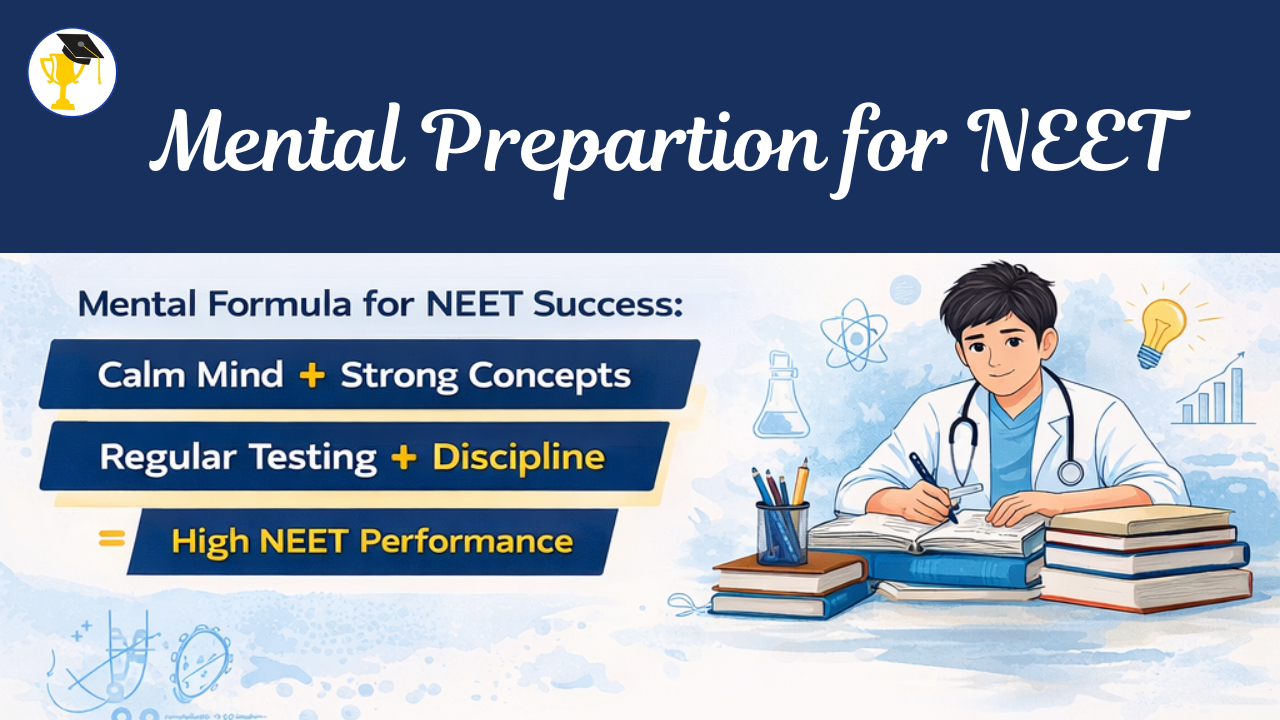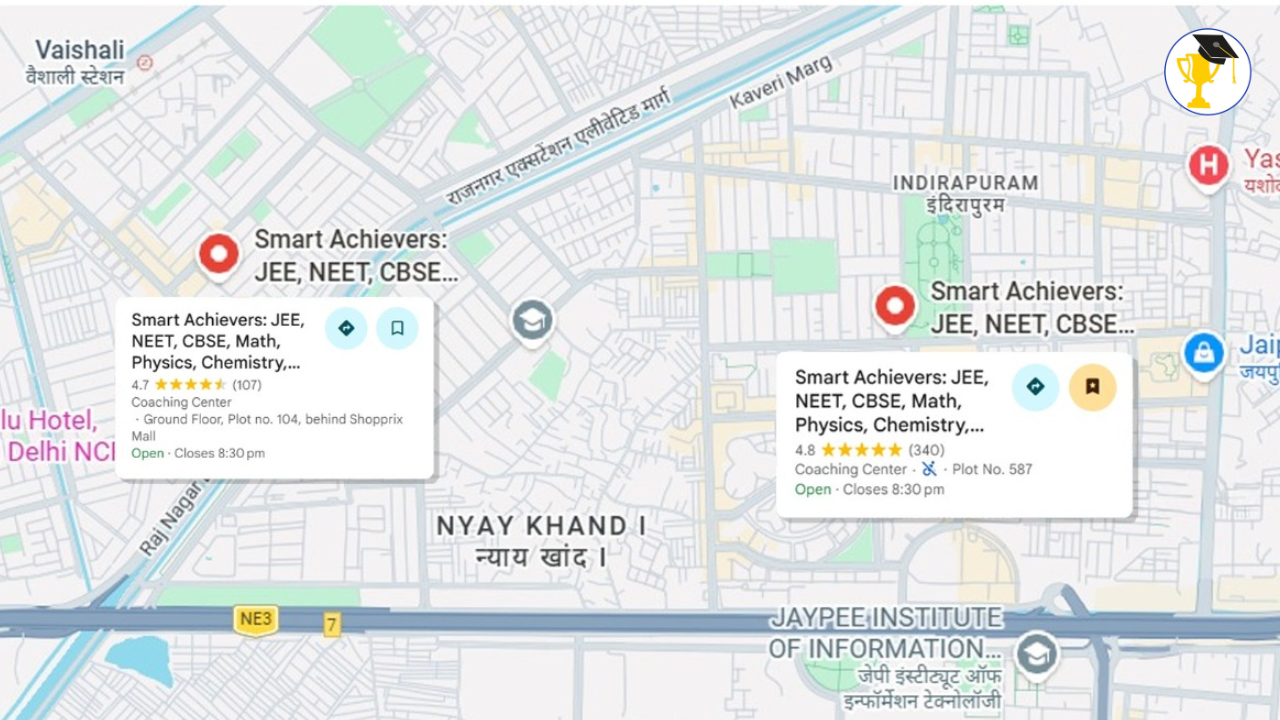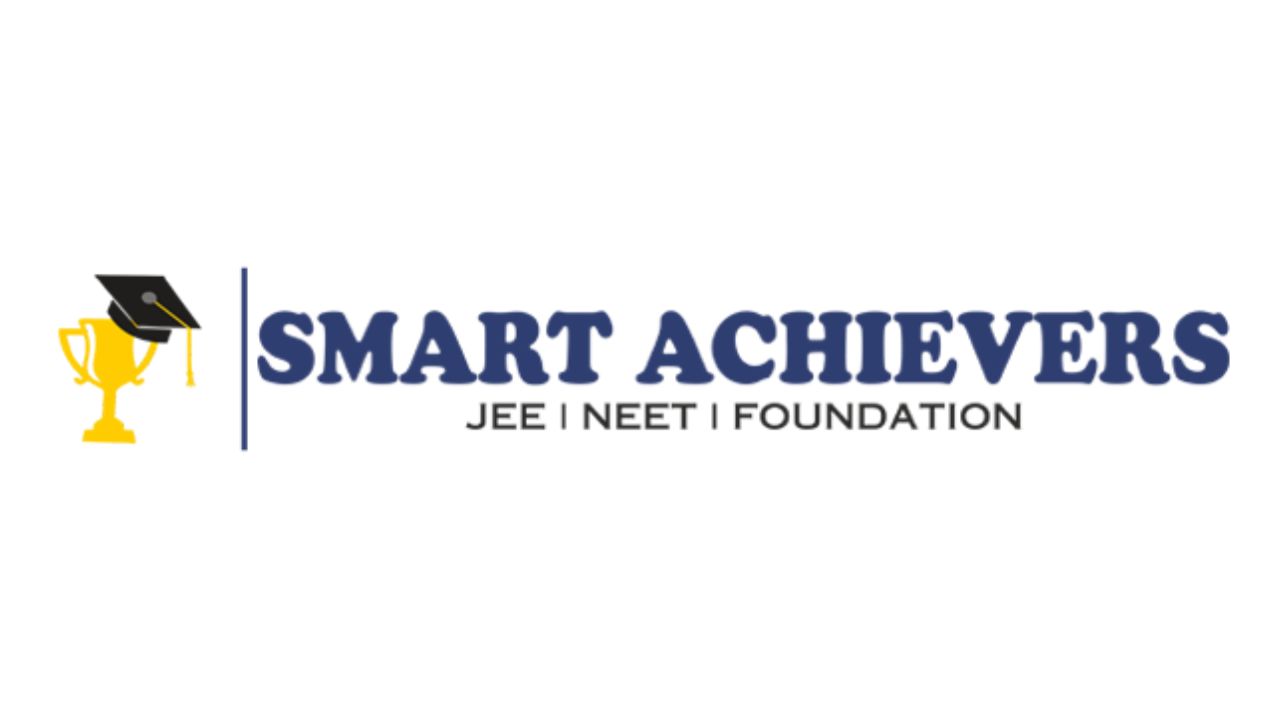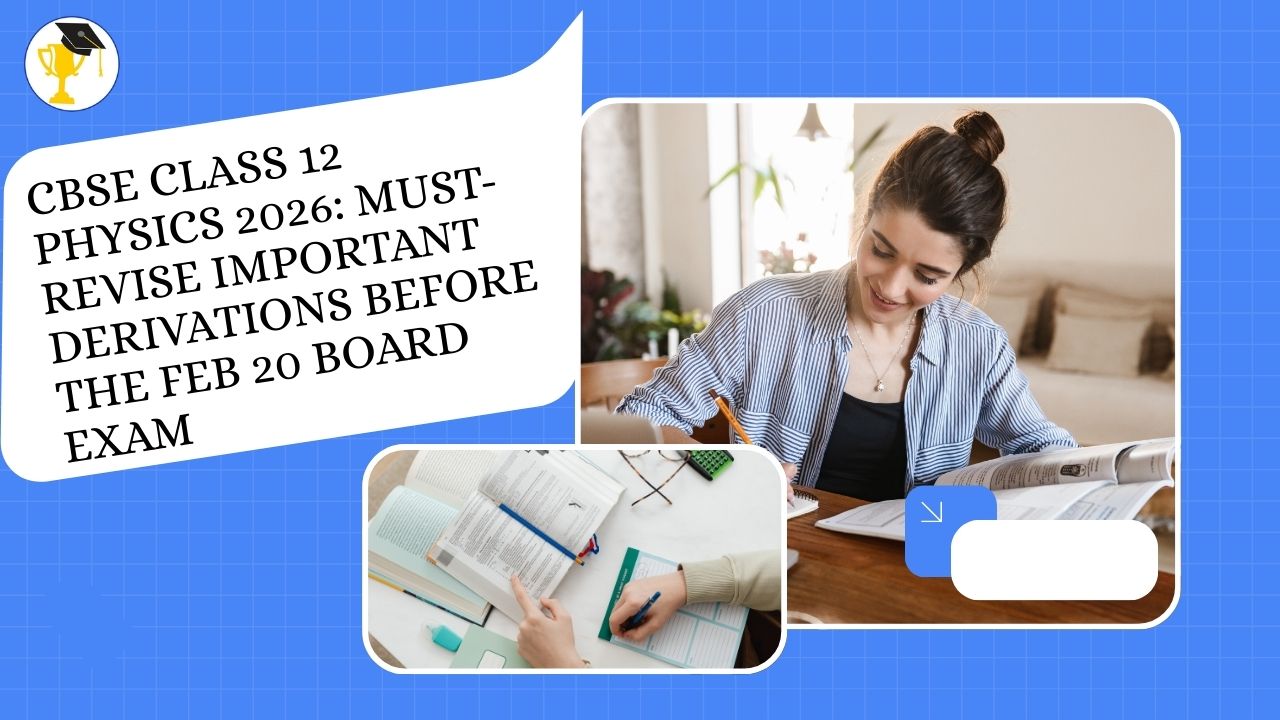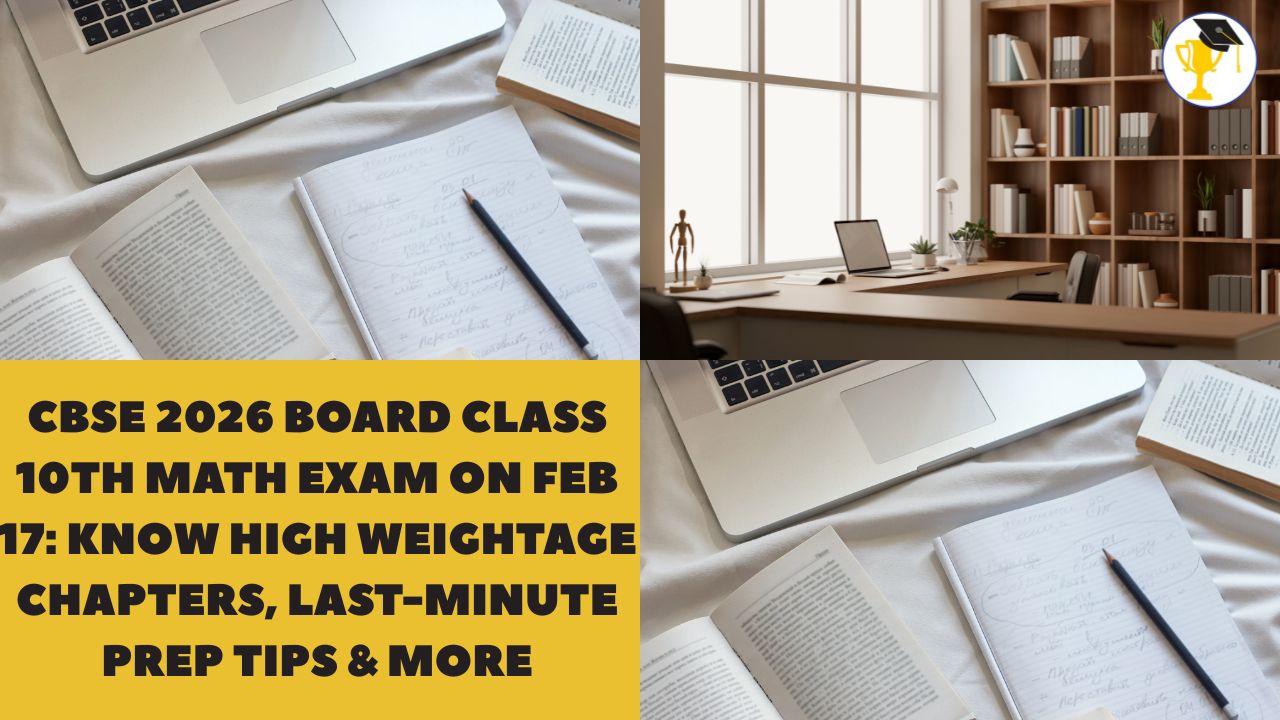How to Prepare for CBSE Class 10th Board in 3 Months
The CBSE 10th board exam is a significant milestone in a student's academic journey. It requires diligent preparation and strategic planning.
But what if you only have three months left to prepare?
Don't worry. It's still possible to cover your syllabus and revise effectively within this timeframe.
This guide will provide you with a comprehensive roadmap on how to prepare for the CBSE 10th board in 3 months. It includes exam success tips, revision techniques, and strategies for managing your time and stress levels.
Remember, the key to success lies not just in hard work, but also in smart work.

Understanding the CBSE 10th Board Exam Pattern
Knowing the exam pattern is crucial for effective preparation. It helps you identify how questions are structured. The CBSE 10th board exam typically includes multiple-choice, short-answer, and long-answer questions.
Understanding this pattern allows you to plan your study and focus on each section accordingly. Also, becoming familiar with the marking scheme ensures you allocate time wisely during the exam.
Focusing on subjects with higher weightage can boost your overall score. A thorough grasp of the exam pattern reduces surprises on the exam day and boosts confidence.
Creating a Realistic Three-Month Study Plan
A clear study plan is vital for your CBSE 10th board preparation. Planning your time over three months ensures complete syllabus coverage. Break down each subject into weekly goals to keep track.
Divide your study time into small, manageable sessions. This approach prevents fatigue and keeps your mind alert. Avoid overly long sessions which can lead to boredom and loss of focus.
Setting short-term goals helps maintain motivation. Celebrate small victories to build confidence. Monitor your progress and adjust the plan as necessary to stay on track.
Consider the following tips for your study plan:
Prioritize Subjects: Focus more on difficult subjects and allocate extra time.
Include Breaks: Insert short breaks to refresh your mind.
Review Weekly: Set aside time for weekly reviews to reinforce learning.
Flexibility: Be flexible and adapt your plan based on progress.
By following a structured plan, you can ensure balanced preparation across all subjects. A good study plan also reduces stress and enhances productivity. Stay committed to your plan to achieve exam success.

Breaking Down the Syllabus into Manageable Parts
Understanding the full syllabus can feel overwhelming. Break it into smaller, digestible chunks. This approach makes it easier to manage and less intimidating. Start by organizing the syllabus subject-wise.
Prioritize topics based on their difficulty and importance. Tackling tougher topics first can boost confidence. It allows for more time to clear doubts and revise as needed. Consistency in breaking down tasks ensures you stay on target.
Here's how to make the syllabus more manageable:
Create Timelines: Allocate specific weeks for different subjects.
Use Checklists: Mark topics as you complete them for a sense of achievement.
Set Priorities: Focus on frequently asked questions and high-weightage topics.
Include Buffer Days: Allow time for unplanned events or extra practice.
Breaking down the syllabus helps track progress effectively. It simplifies your study process and facilitates better retention, paving the way for successful preparation
Prioritizing Subjects and Topics
Focusing on key subjects and topics is crucial for exam success. Start by assessing your strengths and weaknesses. Identify areas that require more attention and those where you're already confident.
Allocate extra time for complex subjects or topics you find challenging. This method ensures a balanced preparation. It also prevents spending too much time on easier topics at the expense of tougher ones.
It's vital to consider the scoring potential of each topic. Some topics have more weightage in the exam. Prioritizing these can boost your overall score. This strategic approach helps in managing your energy and time more efficiently.
Establishing a Consistent Daily Routine
Creating a consistent daily routine is a fundamental aspect of CBSE 10th board preparation. A structured day helps maintain focus and productivity. Start by setting fixed hours for study, meals, and rest.
Incorporate short, regular breaks to keep your mind fresh. Breaks help rejuvenate the brain, preventing fatigue and burnout. They're essential in keeping your enthusiasm alive throughout the preparation period.
Include time for hobbies or physical activities in your daily schedule. This balance prevents monotony and stress. Consistency in routine builds discipline, ensuring daily progress. A well-planned routine fosters a sense of control over the preparation journey.
Effective Time Management Strategies
Effective time management plays a vital role in board exam success. It's about maximizing productivity without overwhelming yourself. The key is to balance study time with leisure and rest.
Begin by assessing how you currently spend your day. Identify and eliminate time-wasting activities. Create a daily schedule focusing on high-priority tasks.
Here’s how to manage time effectively:
- Allocate fixed timeslots for each subject based on its difficulty level.
- Use timers for focused study sessions, like the Pomodoro Technique.
- Set aside time for daily reviews and quick revisions.
Stay adaptable and willing to tweak your schedule as needed. Being rigid can lead to unnecessary stress. Balance is crucial for maintaining mental and physical well-being. A well-managed schedule reduces anxiety, allowing you to focus wholly on your studies. Take control of your time to improve efficiency and achieve your goals.
Active Learning Techniques for Better Retention
Active learning is essential for grasping and retaining complex concepts. Engaging with the material actively helps cement information in long-term memory. It breaks the monotony of rote learning.
Start by experimenting with different techniques. Find what resonates best with your learning style. This will make studying more effective and enjoyable.
- Try incorporating the following active learning techniques:
- Take concise notes and revisit them regularly.
- Create mind maps for visual representation of information.
- Summarize topics in your own words to reinforce understanding.
- Teach someone else to identify and fill knowledge gaps.
- Use flashcards for quick recall of key points.
Experiment with these methods to discern what aids your retention the most. Combining various strategies is often the most effective. As you continue, adapt your techniques based on feedback and results. Embrace active learning to enhance your comprehension and retention, paving the way for exam success.
Utilizing Practice Papers and Mock Tests
Practice papers and mock tests are vital for effective CBSE 10th board preparation. They help simulate the real exam environment. Regular practice builds confidence and exposes you to a range of questions.
Start by collecting past years' question papers. These reveal commonly asked questions and important topics. They also give insight into the exam pattern and marking scheme.
For previous year papers, mock test and practice questions, you can visit smart achievers page:
https://smartachievers.online/exam-resources
Make mock tests a part of your weekly routine. Time yourself while solving them, just like in the actual exam. This aids in managing time effectively and enhances your speed.
Analyze your performance after each test. Identify areas that need more focus. Use this feedback to fine-tune your study plan. Repeated practice instills a sense of familiarity with the exam format. It reduces anxiety and prepares you to tackle any surprises on exam day confidently.
Revision Techniques for Long-Term Memory
Effective revision techniques are key to retaining information for the CBSE 10th board exams. The right methods ensure concepts stay fresh in your mind. Spaced repetition is one of the most effective strategies for boosting memory.
This technique involves revisiting topics after specific intervals. It prevents forgetting and reinforces long-term retention. Interleaved practice, which mixes different subjects during revision, also enhances understanding by challenging your brain to adapt and recall information contextually.
Here's a list of additional revision tips:
- Summarize chapters in your own words.
- Use mind maps to visualize connections between concepts.
- Engage in group discussions for diversified insights.
Incorporate these strategies into your daily study routine. Consistent revision is crucial for memorizing complex topics. Aim to make your review sessions active and dynamic. Avoid monotonous rote learning. By diversifying your revision methods, you enhance retention and improve your chances of acing the exam with ease.
Maintaining Physical and Mental Health
Balancing physical and mental health is vital during exam preparation. Proper care ensures your mind and body function at their best. Focus on maintaining a balanced diet rich in nutrients for brain health. Regular exercise is equally important for boosting energy levels and reducing stress.
Don't neglect mental well-being amidst rigorous study schedules. Practice relaxation techniques like meditation or yoga to manage anxiety. Taking regular breaks refreshes the mind and helps maintain focus.
Adequate sleep is non-negotiable for cognitive function. Aim for 6-8 hours of restful sleep nightly to stay sharp and alert during your study sessions. Prioritizing wellness will positively impact your exam performance and overall health.
tress Management and Avoiding Burnout
Stress management is crucial during intense study periods. Acknowledge stress as a normal reaction, but don't let it overwhelm you. Techniques like deep breathing, visualization, and positive affirmations can be very effective.
Avoiding burnout requires setting realistic goals and taking breaks. Balance is key; integrate leisure activities into your schedule. Remember, it's not just about studying hard, but also taking care of yourself. Find what relaxes you, whether it's music, a hobby, or a short walk, and make time for it daily.
Final Preparations and Exam Day Strategies
As exam day approaches, focus on consolidating your knowledge. Use the last few days for light revisions, focusing on areas you find challenging. Avoid last-minute cramming, as it can lead to stress and anxiety.
On the morning of the exam, have a nutritious breakfast to fuel your brain. Arrive at the exam center early to settle in and familiarize yourself with the environment. Bring all necessary materials, including stationery and identification, to avoid any last-minute panic.
During the exam, manage your time wisely. Read the question paper thoroughly before starting. Allocate time based on question weightage to ensure you attempt all questions. Stay calm, and if you encounter difficult questions, move on and return to them later. This approach will help you maintain confidence and focus throughout the exam.
Conclusion: Staying Positive and Confident
In the lead-up to exams, maintaining a positive attitude is key. Believe in your preparation and stay calm. Visualize your success and keep negative thoughts at bay. Embrace the journey with confidence, knowing that your consistent efforts will help you achieve your desired results.
 STUDY MATERIALS
STUDY MATERIALS
 COURSES
COURSES
 MORE
MORE




